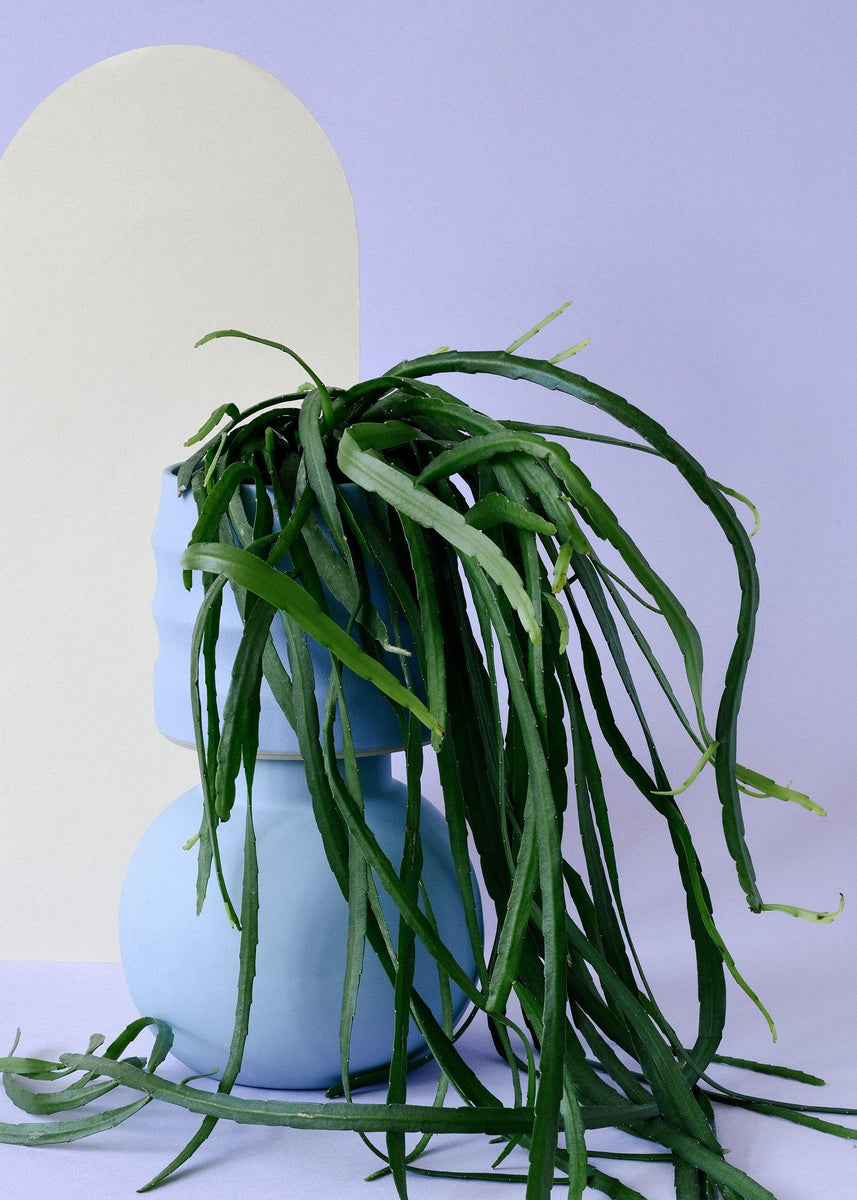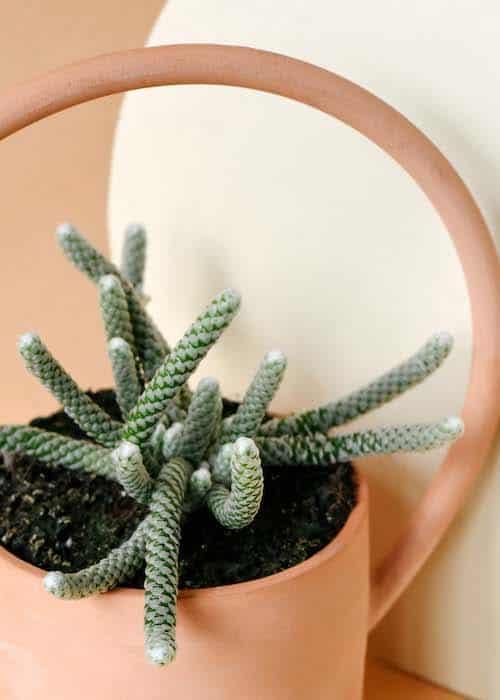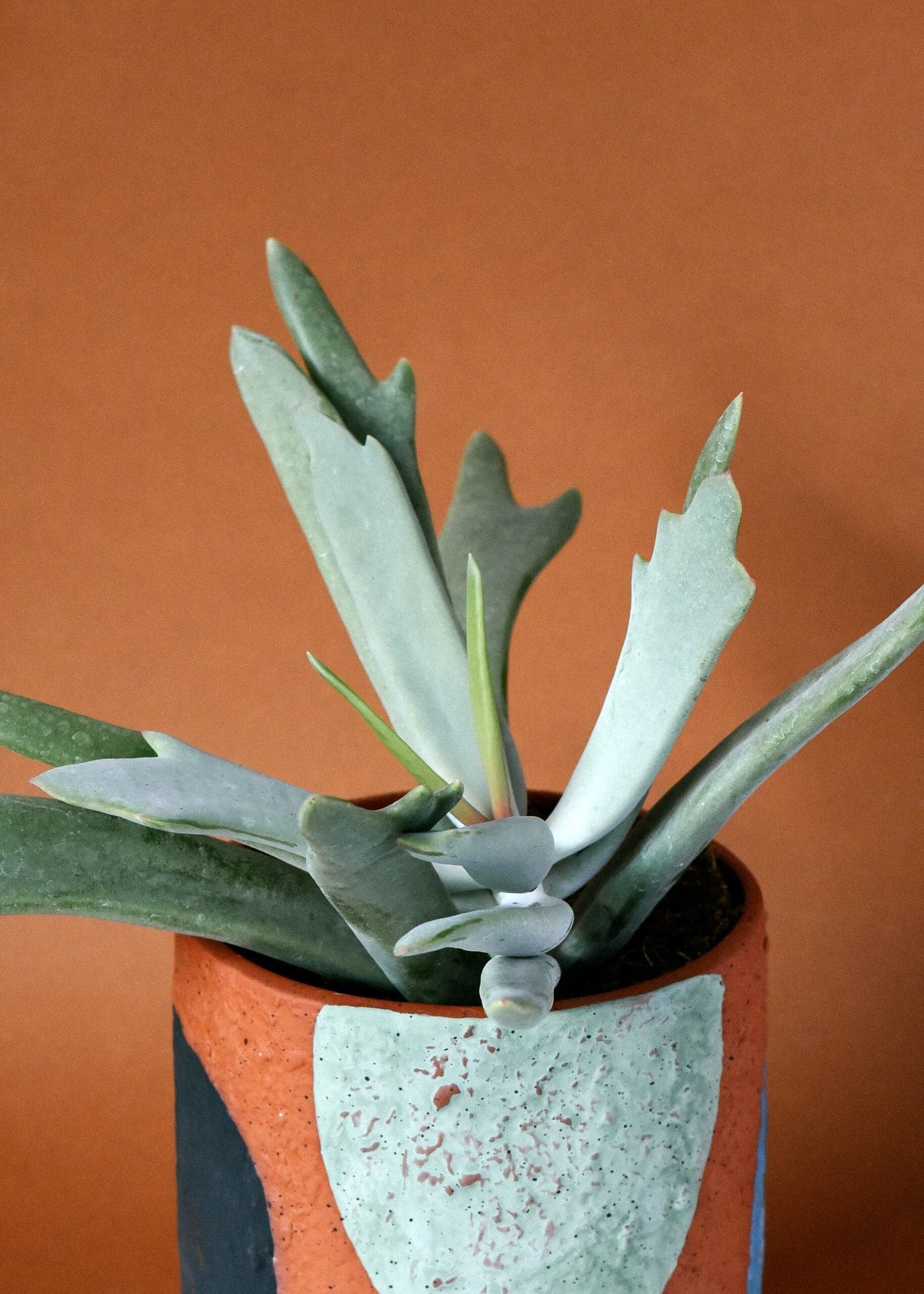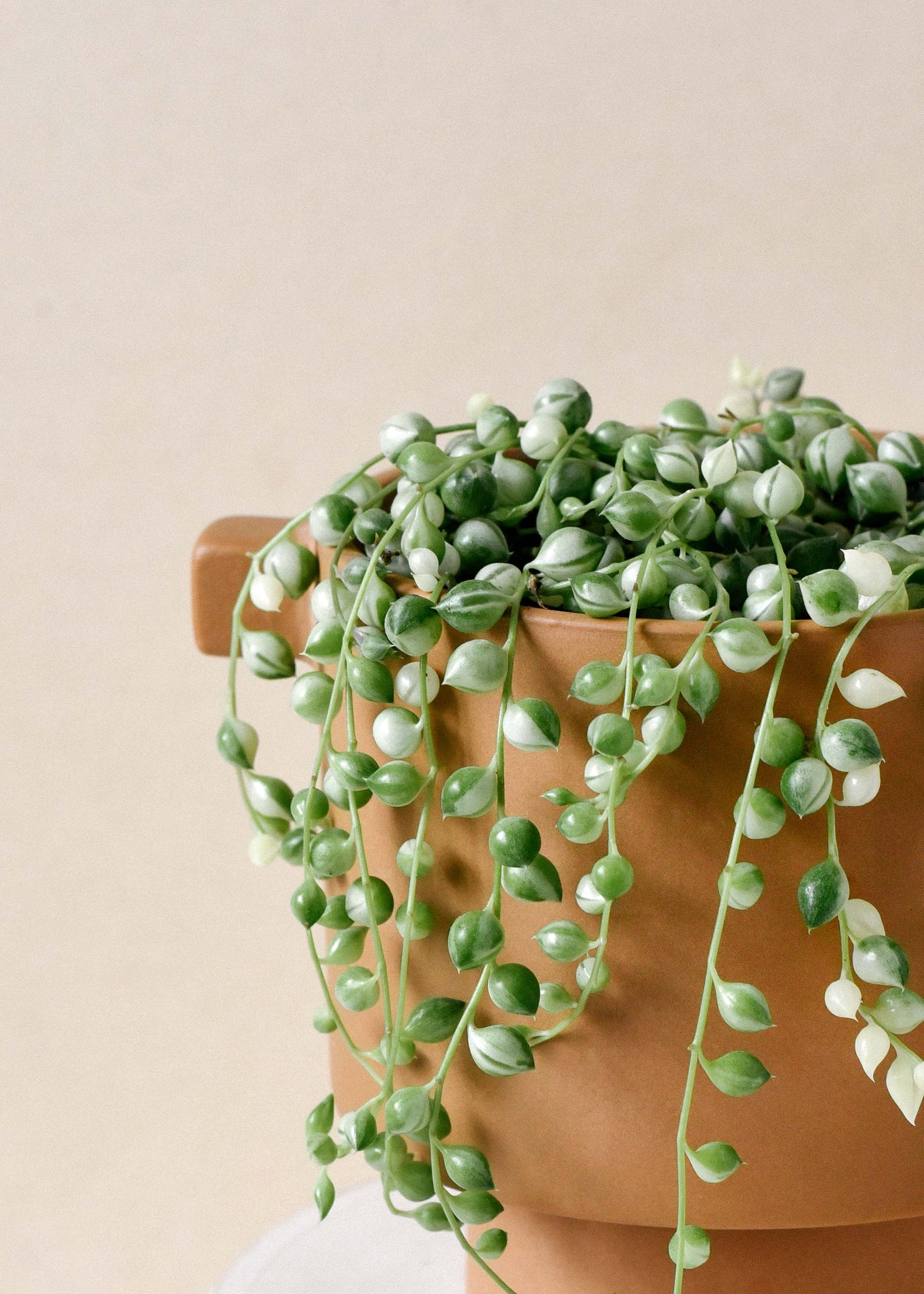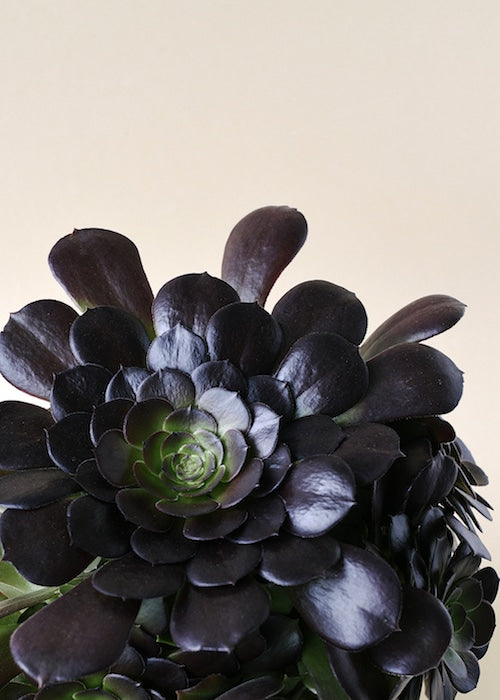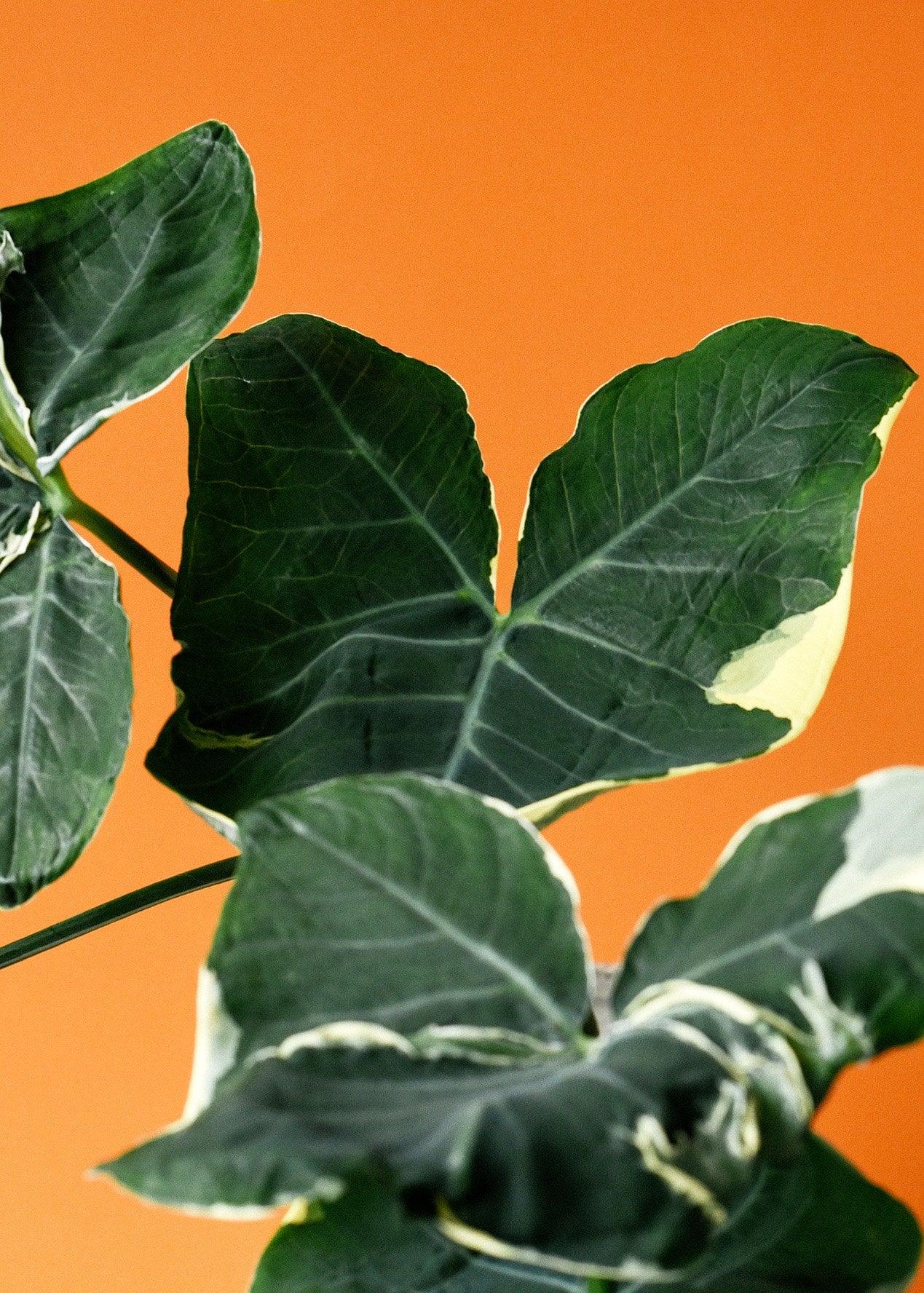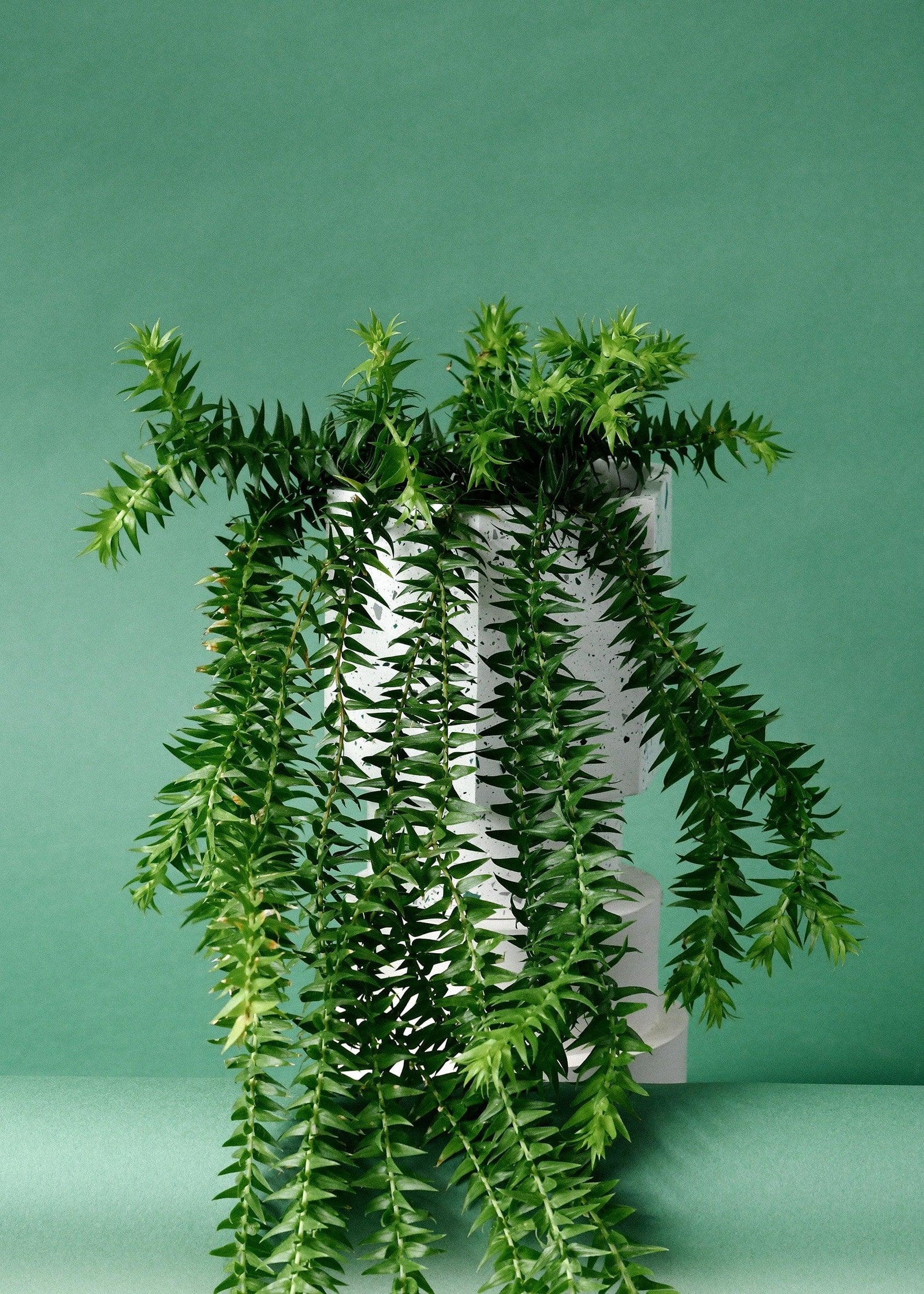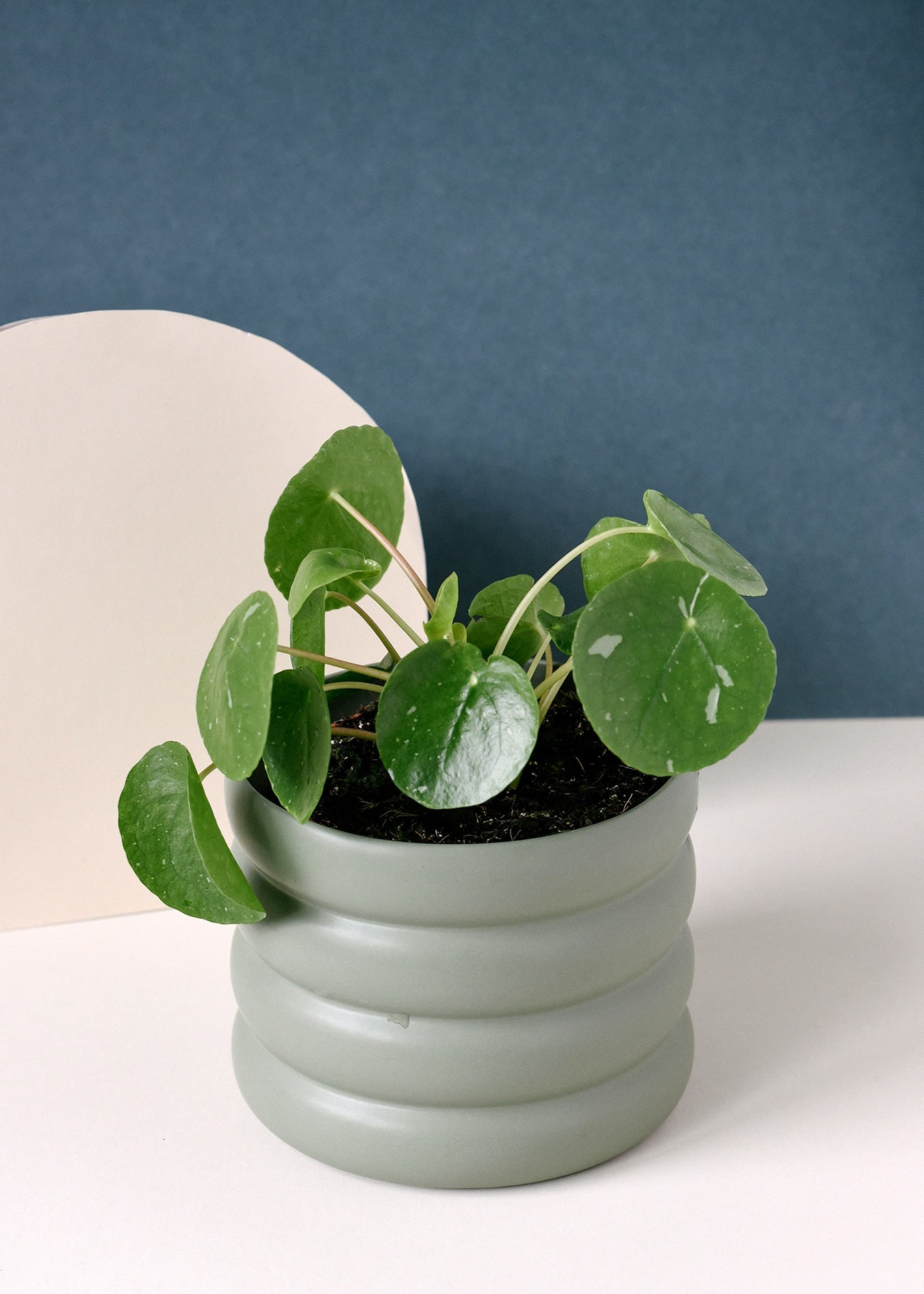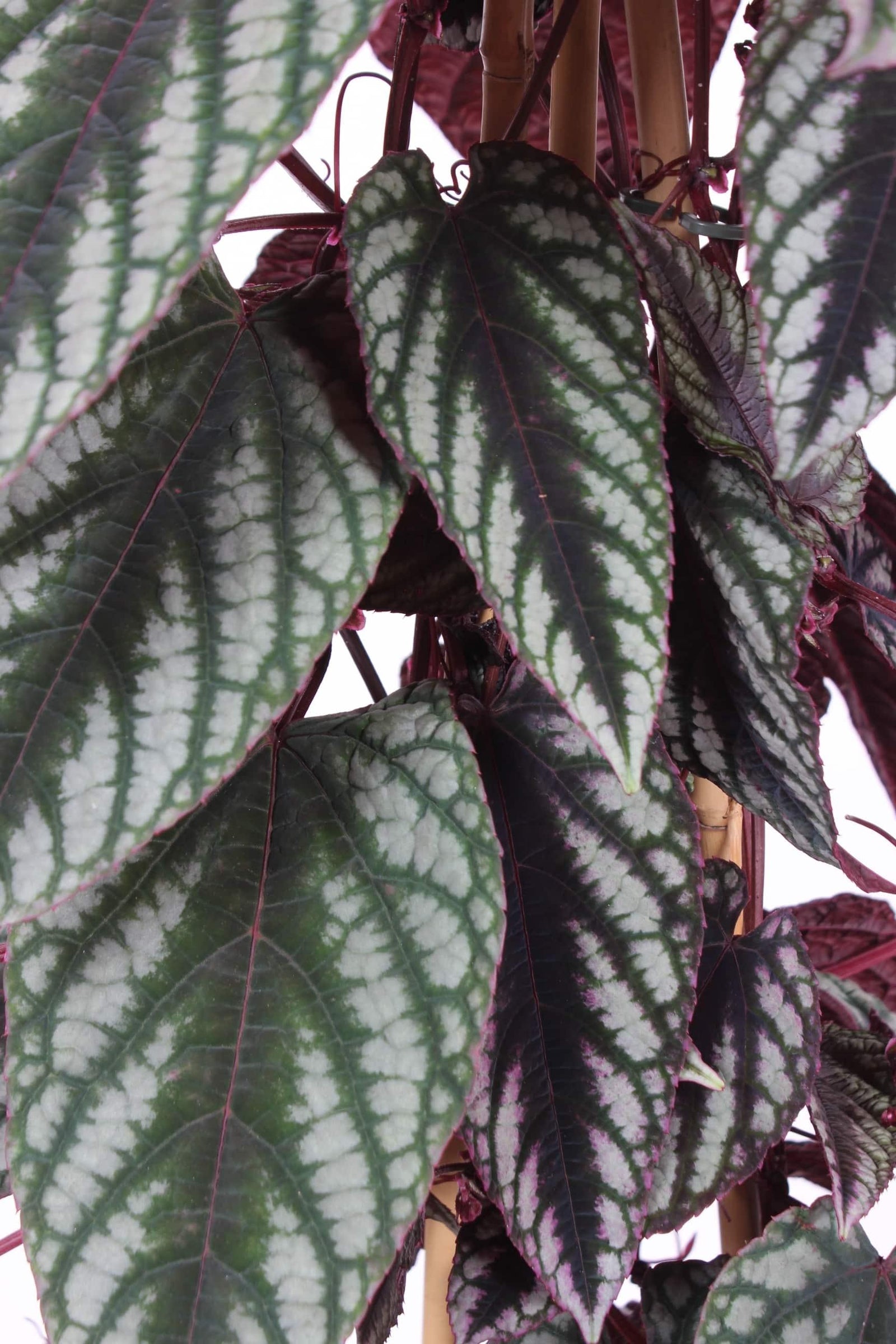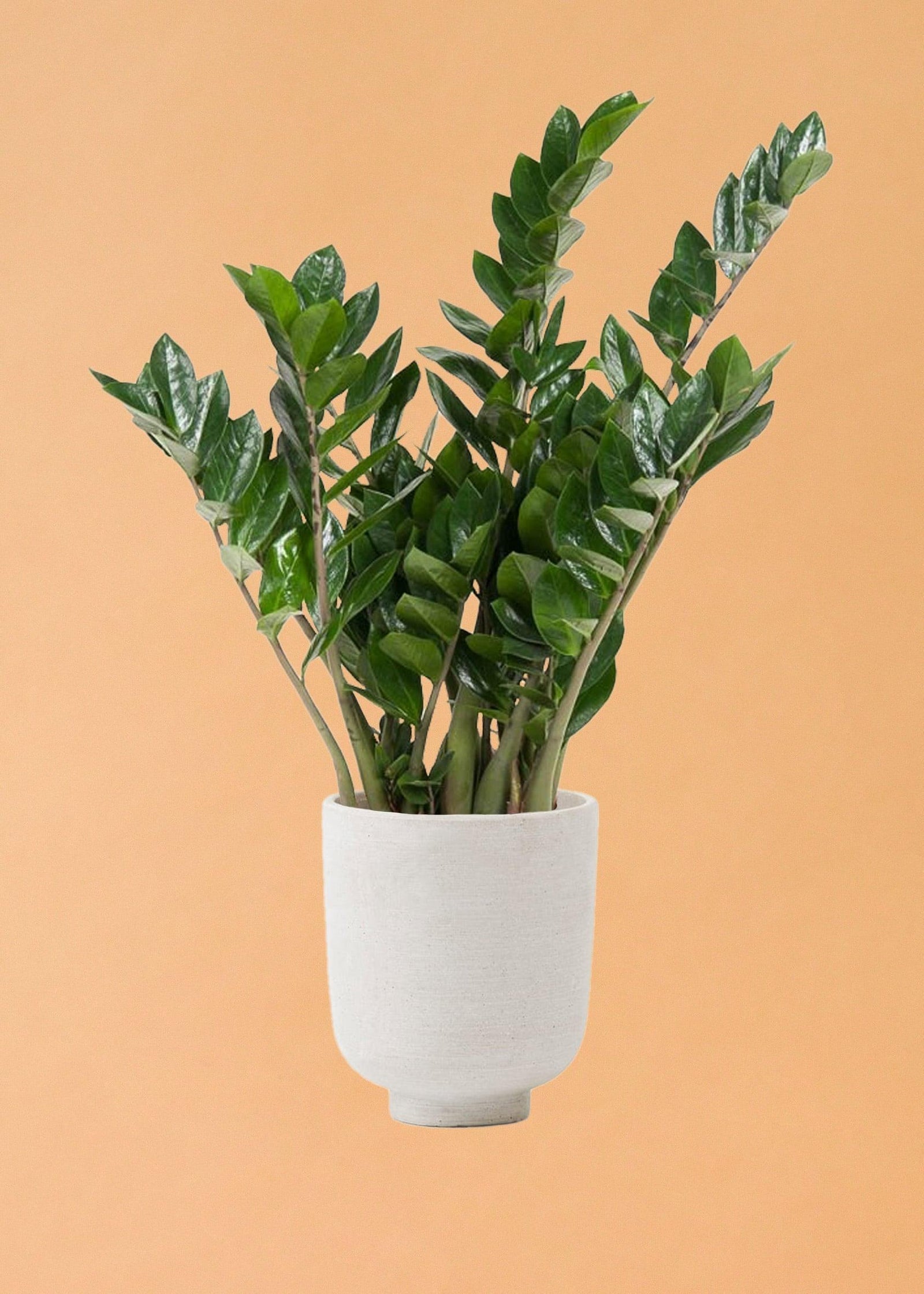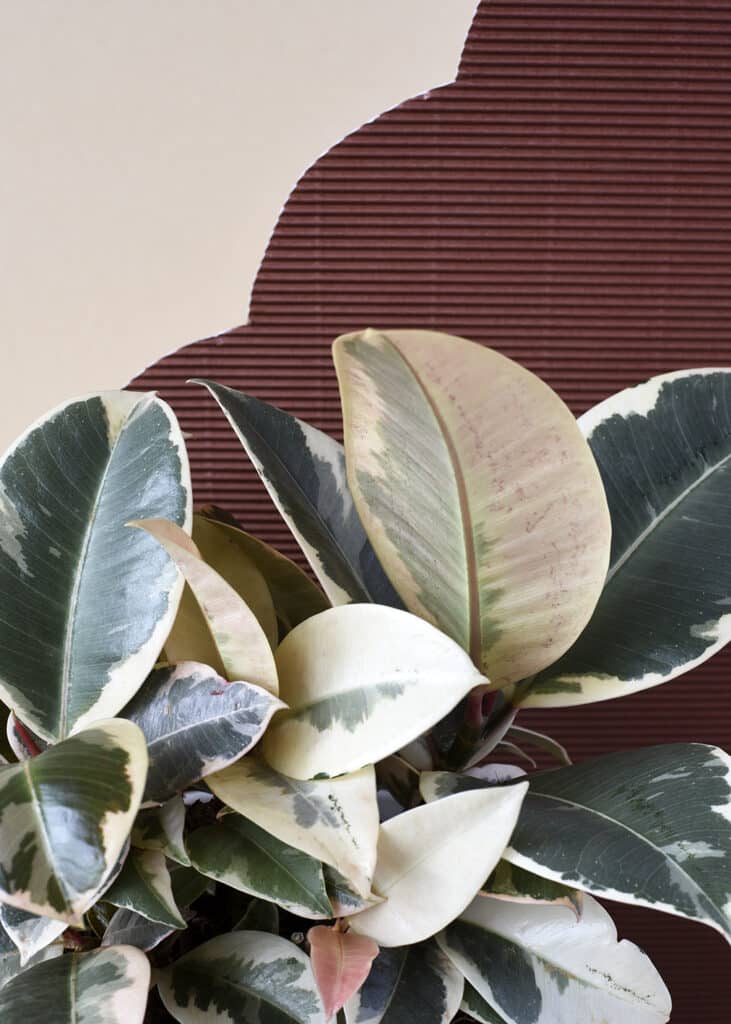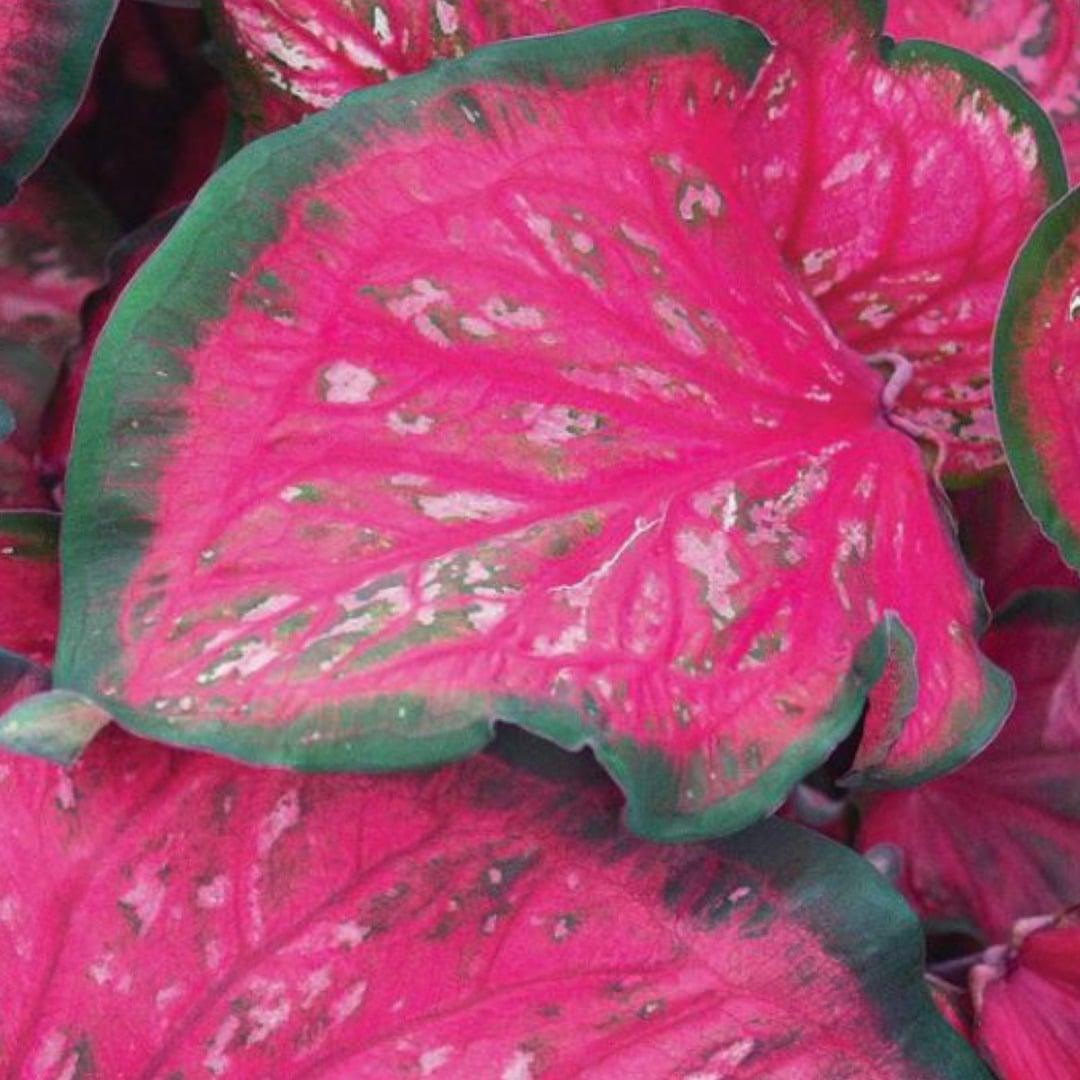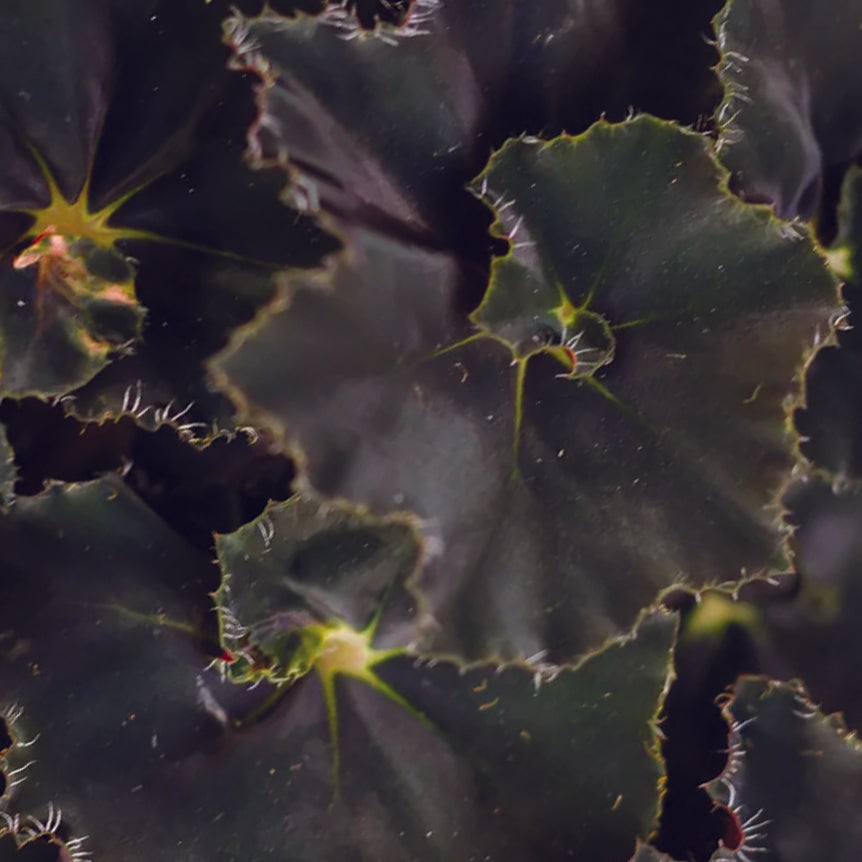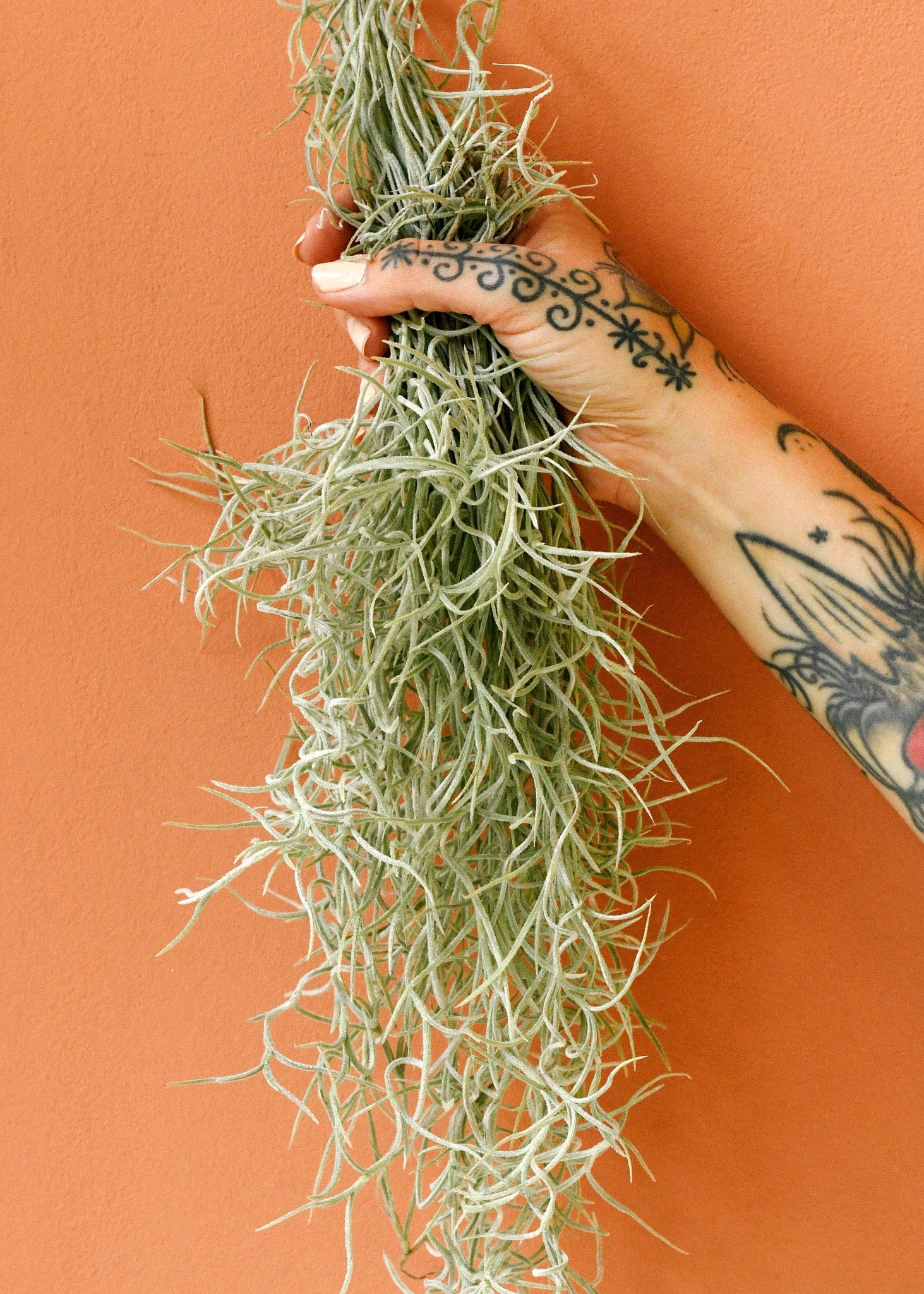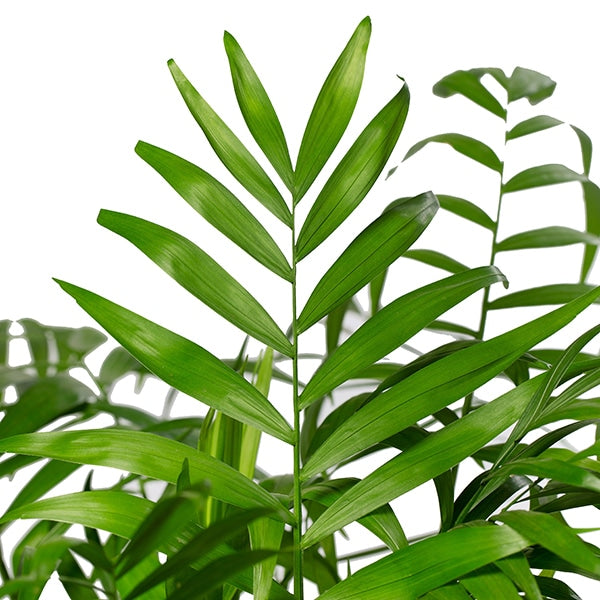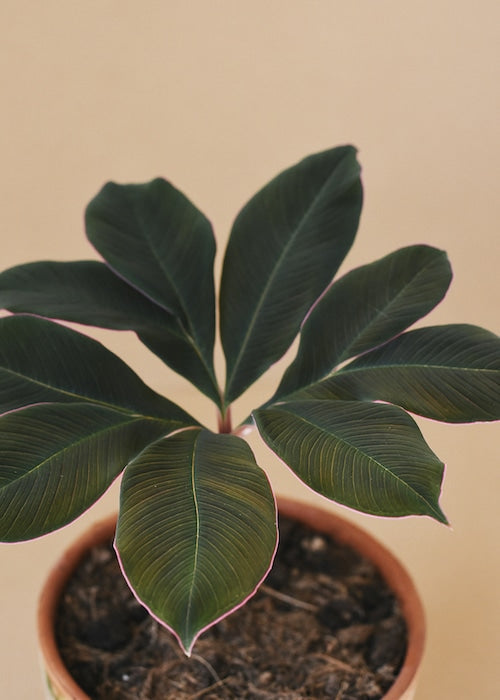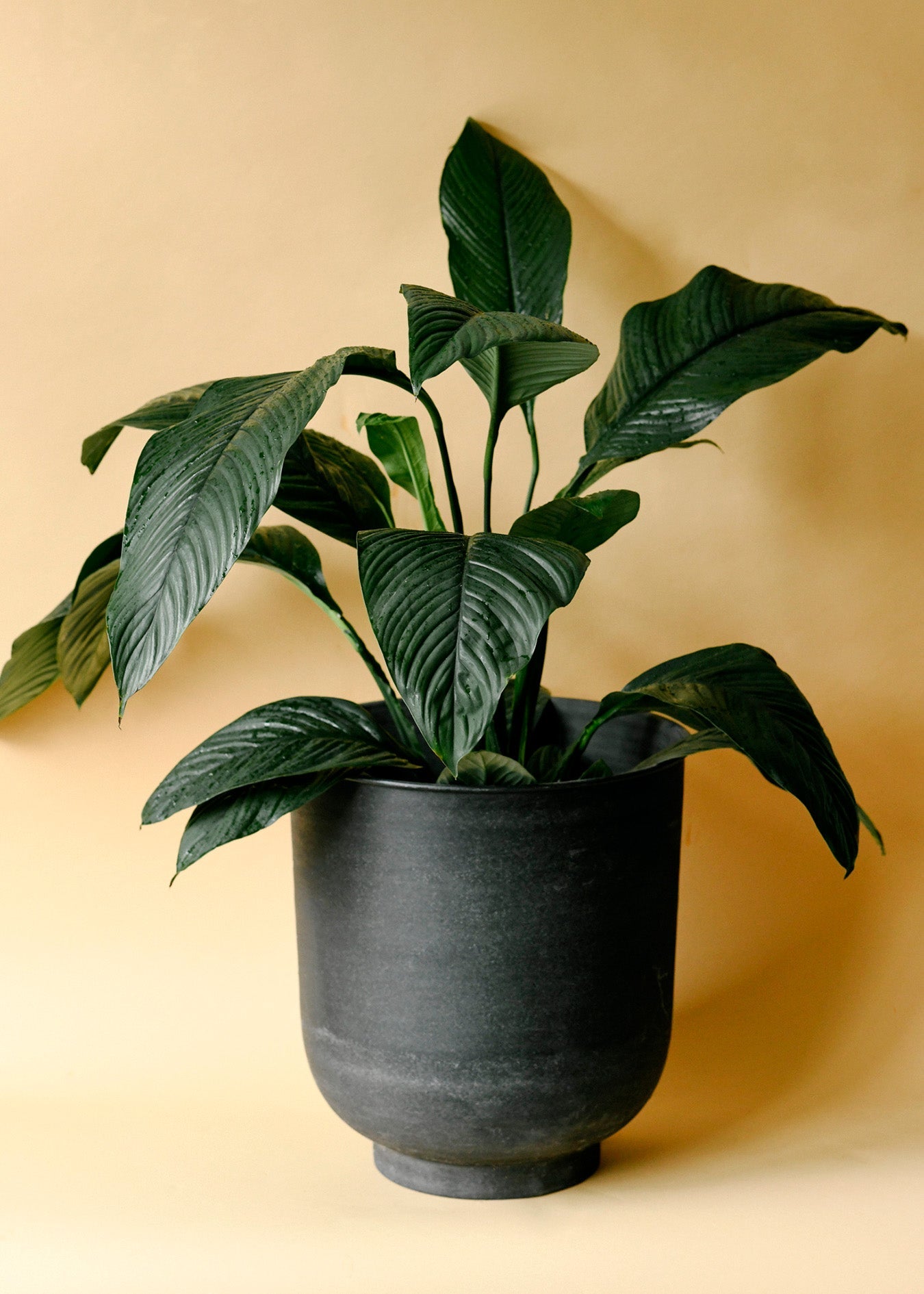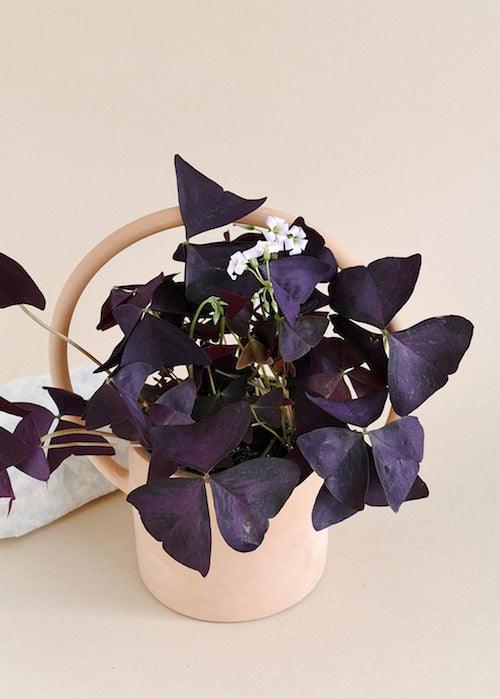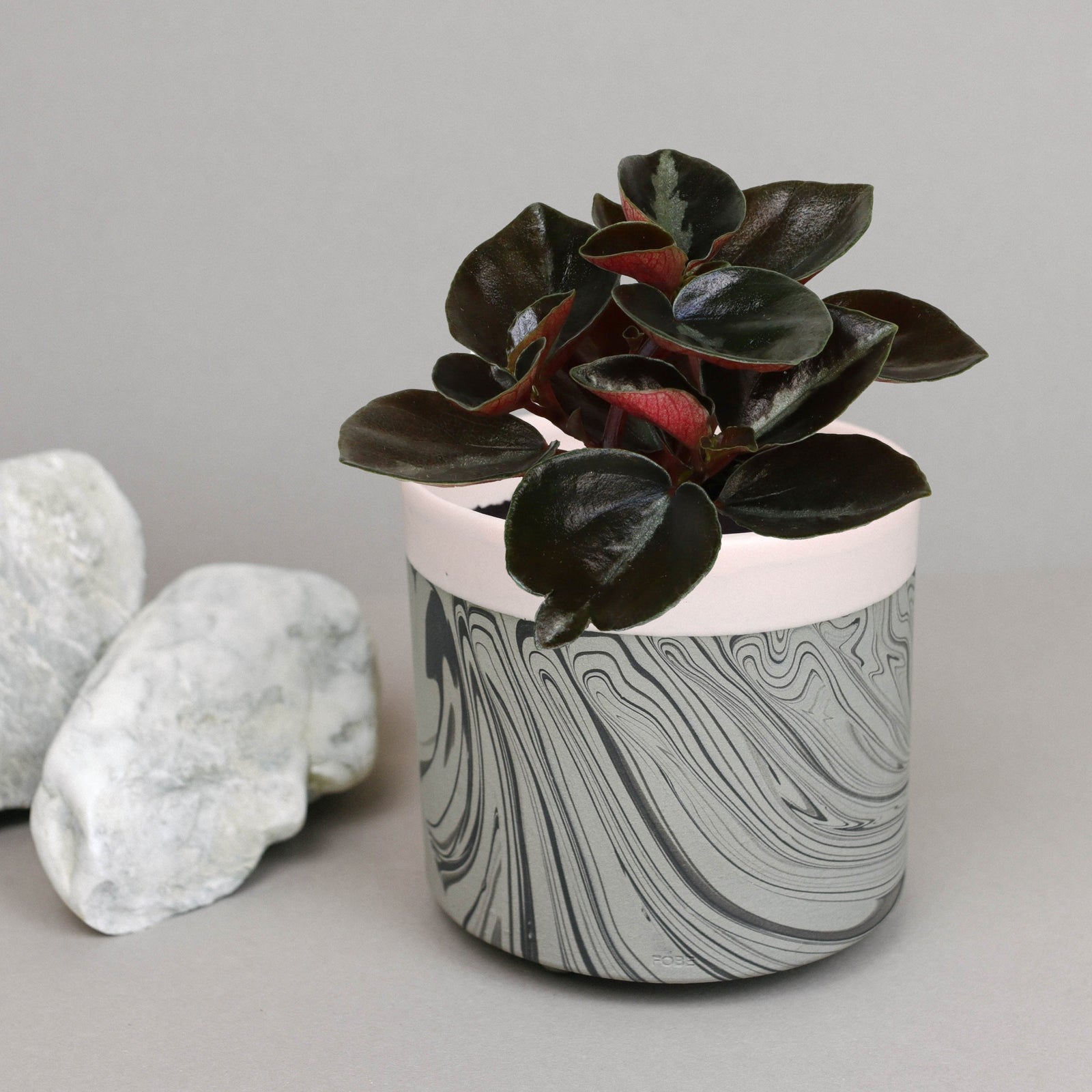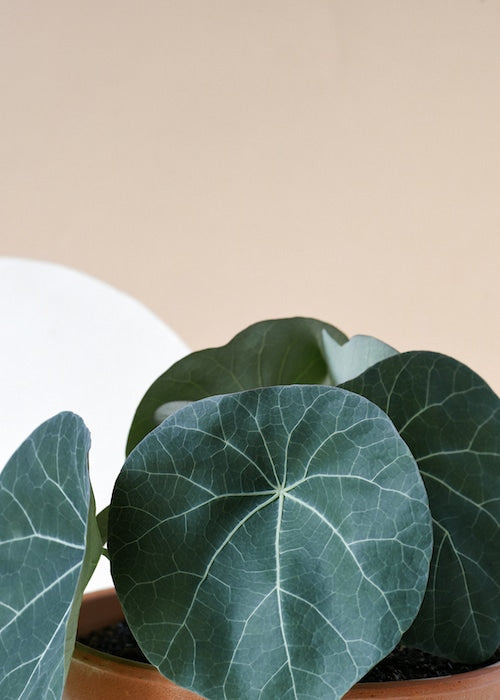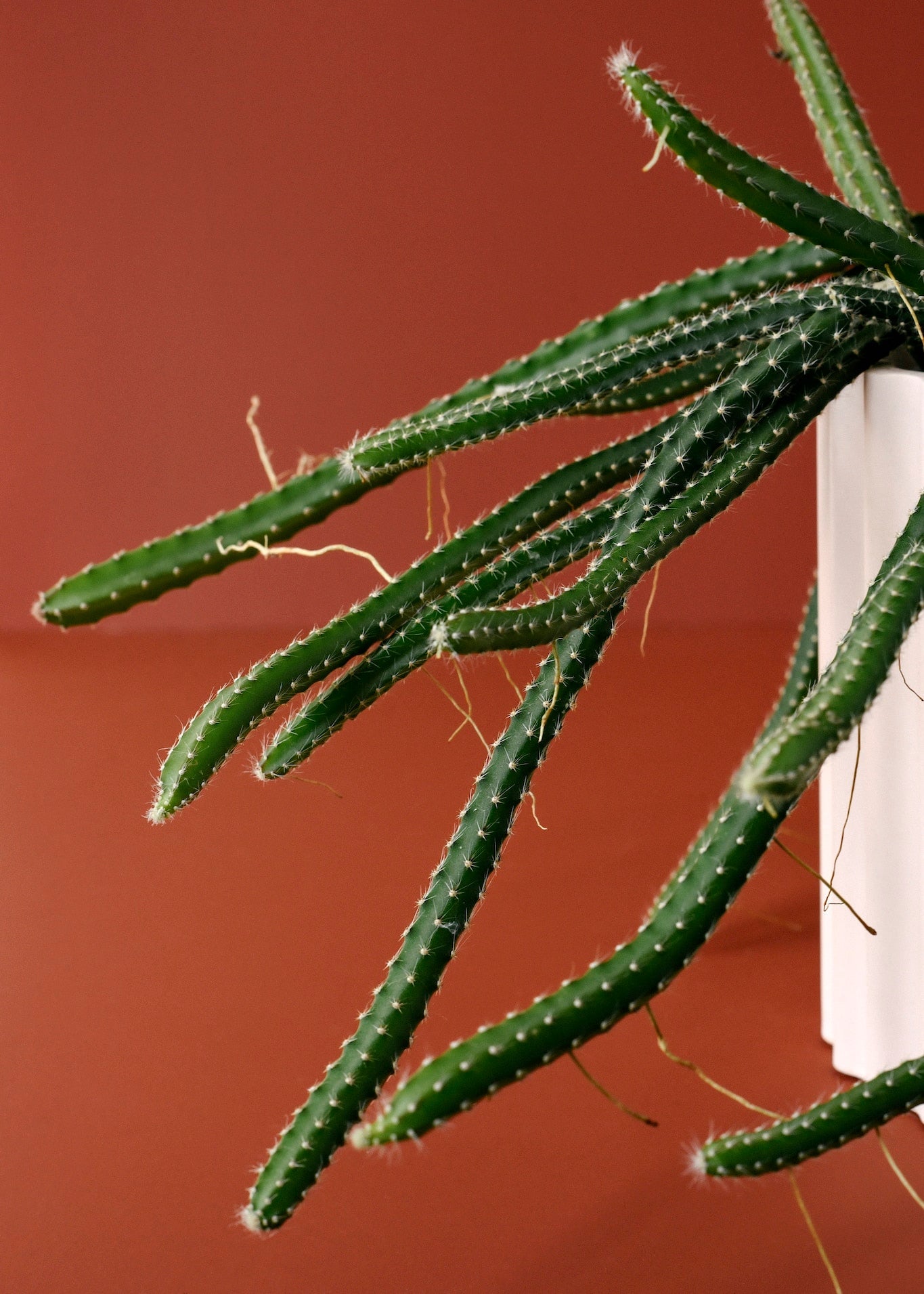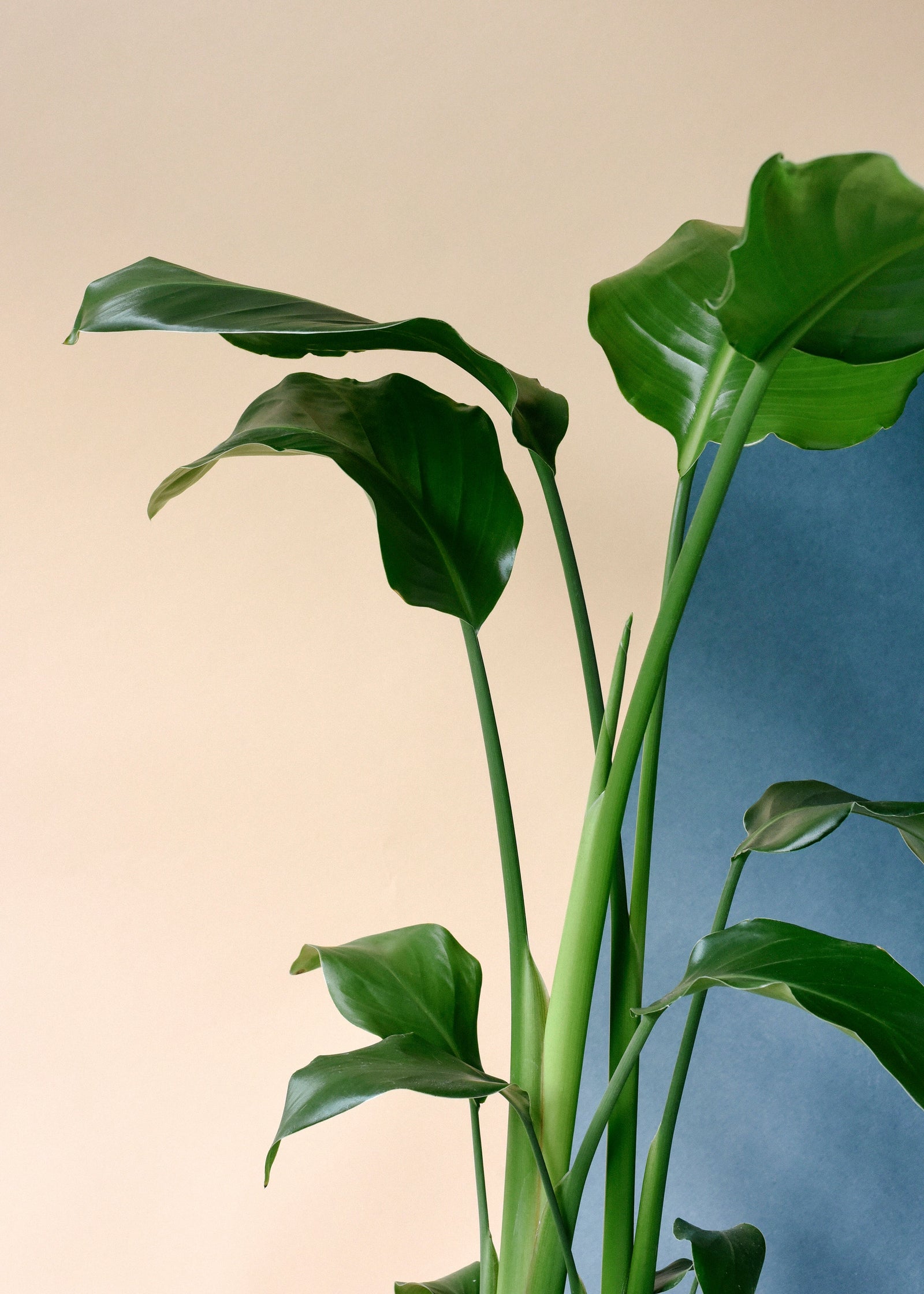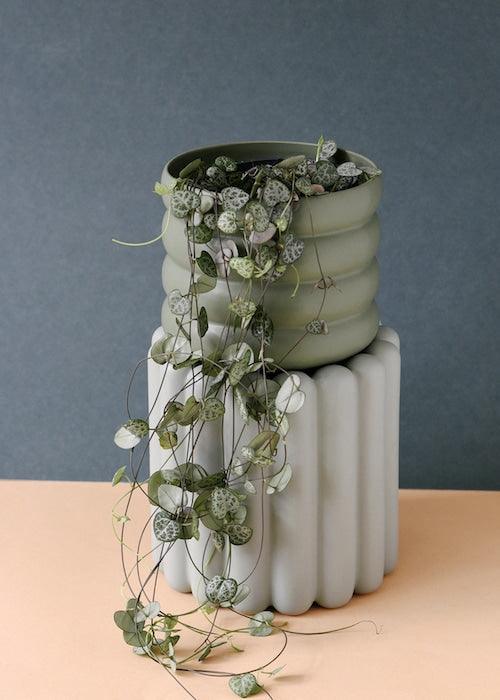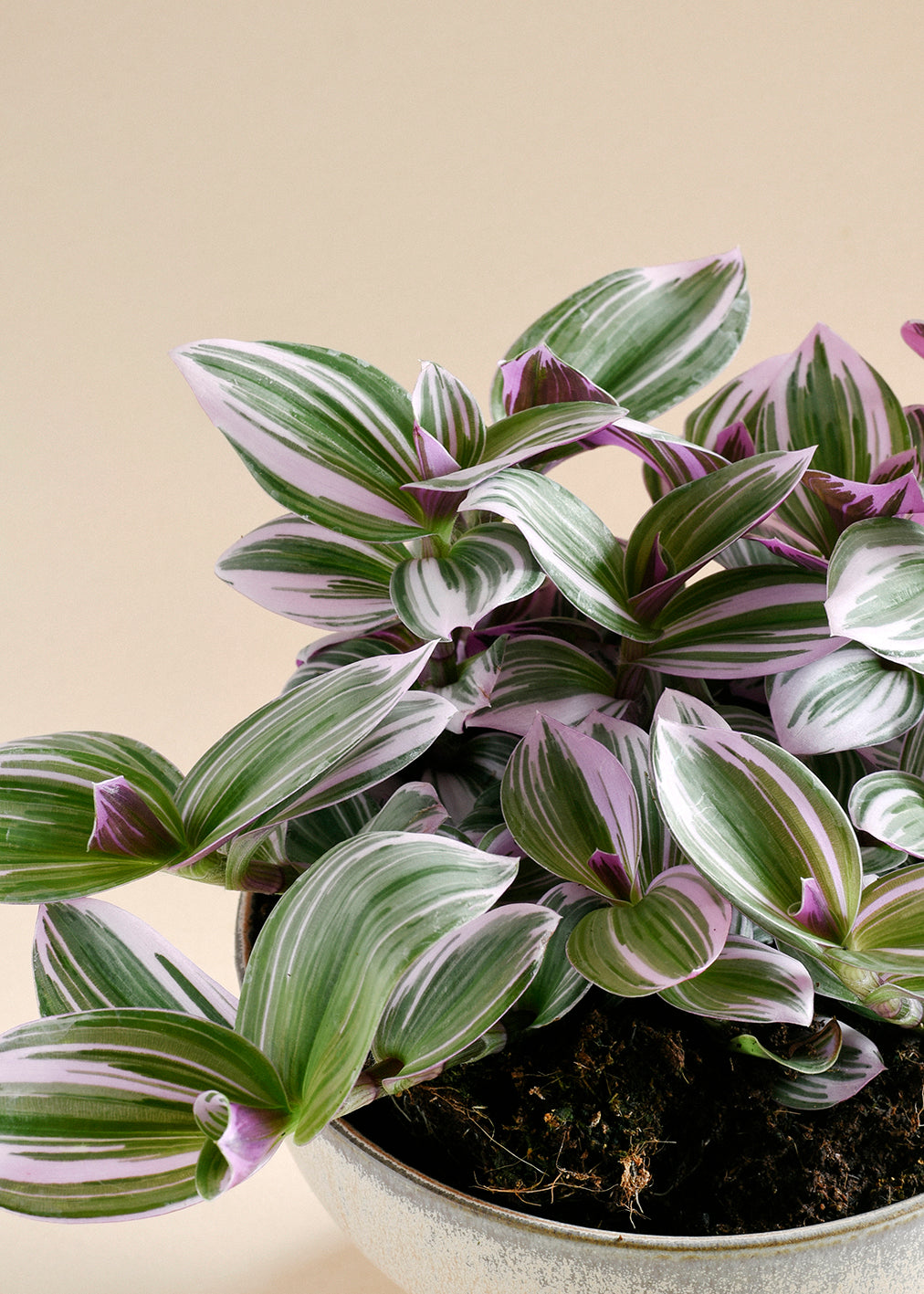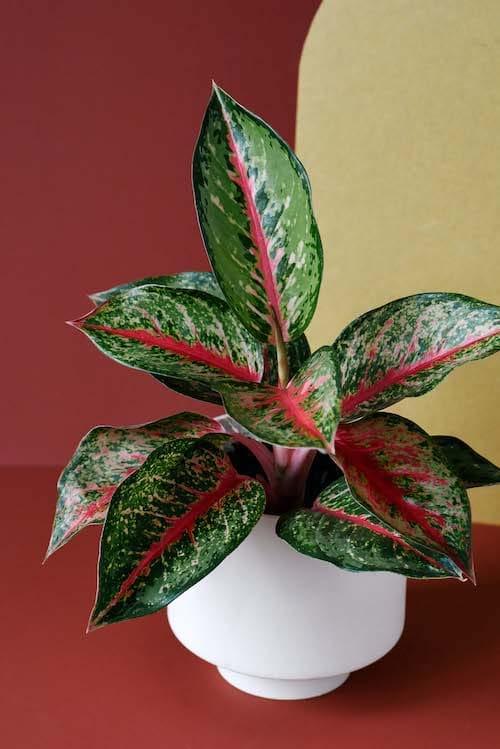Welcome to our comprehensive guide on caring for the Lepismium plant, a unique and stunning succulent that thrives with a bit of attention and love. Whether you're a seasoned gardener or a newbie to plant care, this guide will help you understand the essentials to keep your Lepismium healthy and vibrant.
Care Summary
| Aspect | Details |
|---|---|
| Light | Bright spot, can withstand a few hours of sunshine a day |
| Watering | Regular in summer (weekly), much less in winter; only when soil is dry |
| Humidity | Medium to high |
| Soil | Fast-draining potting mix, such as a cactus mix |
| Pruning | Minimal; remove dead or damaged stems as needed |
| Toxicity | Non-toxic to humans and animals |
Lighting Tips
Lepismium thrives in bright indirect light, but it can also tolerate a few hours of direct sunlight each day. A spot near a window that receives morning or late afternoon sun is ideal. Avoid prolonged exposure to harsh midday sun to prevent scorching the leaves.
Watering Advice
Unlike many succulents, Lepismium requires regular watering during the growing season (summer), typically once a week. In winter, reduce watering and allow the potting mix to dry out completely between waterings to prevent root rot. Always use a pot with good drainage.
Soil Recommendations
Choose a fast-draining soil mix specifically designed for cacti and succulents. This will help prevent waterlogging and provide the right balance of air and moisture for the roots.
Humidity and Temperature
Lepismium does well in medium to high humidity environments, which can be achieved by placing a humidifier nearby or using a pebble tray. It is tolerant of a wide range of temperatures but prefers to avoid the cold drafts in winter.
Pruning and Maintenance
Pruning is straightforward for Lepismium. Remove any dead or damaged stems to encourage new growth and maintain the plant's shape. This can be done at any time of the year but is best during the growing season.
Why We Love It
The Lepismium is not only visually striking with its unique and intricate foliage, but it is also remarkably easy to care for. Its adaptability to a range of light and humidity conditions makes it a perfect plant for various indoor settings. Plus, its non-toxic nature makes it safe for homes with pets and children.



